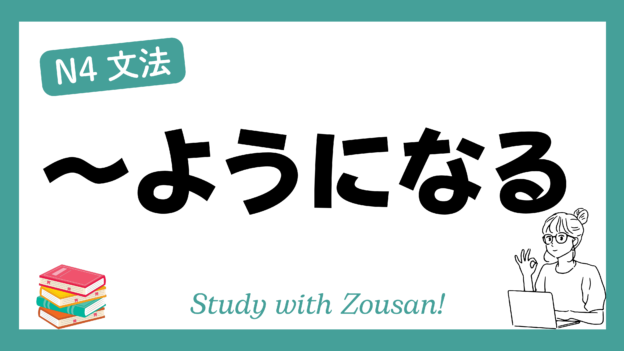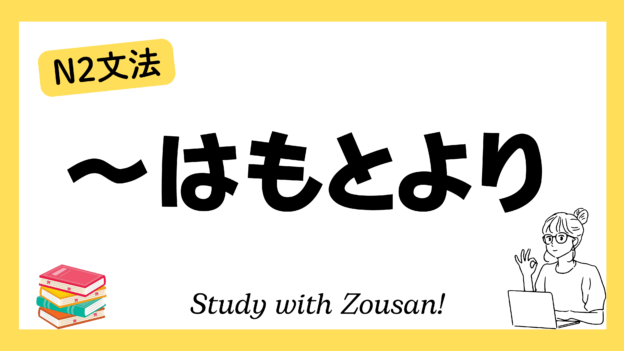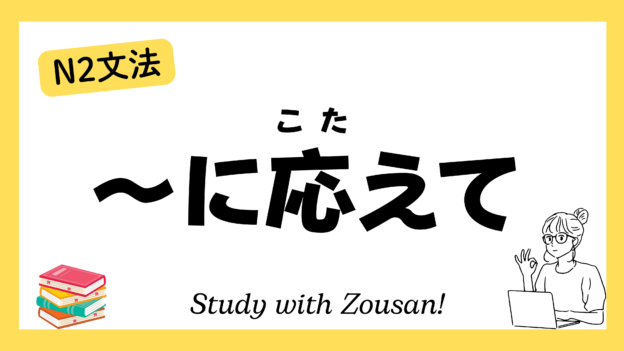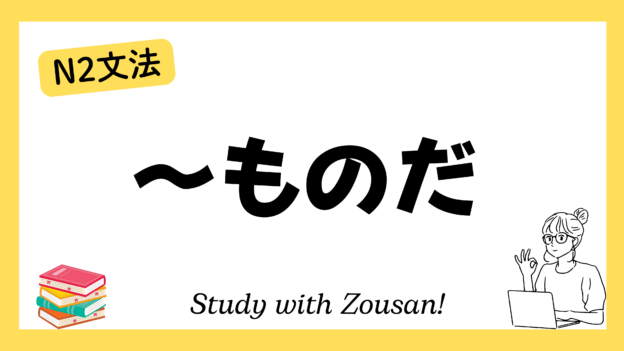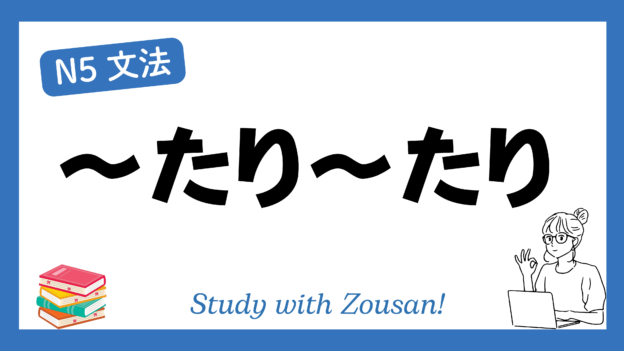N4文法:~ようになる
Meaning: “Become able to…” / “Begin to…” / “Start to…”
~ようになる is used to describe a change from an inability to do something to the ability to do it, or from not doing something to starting to do it. It emphasizes development, change, or improvement in skills or habits.
※Note:
・~ようになる is often combined with potential form verbs or verbs describing habits to indicate a change in ability or habit over time.
・This structure is commonly used to describe positive changes, but it can also be used to indicate negative changes.
・It reflects a result achieved after a process of learning, training, or effort.
Structure:
| Verb (dictionary form) | + ようになる |
| Verb (ない form) |
Example:
-
-
-
🌟 日本語が話せるようになった。
(にほんご が はなせる よう に なった)
I’ve become able to speak Japanese. -
🌟 彼女は野菜を食べるようになった。
(かのじょ は やさい を たべる よう に なった)
She has started eating vegetables. -
🌟 最近、早く起きるようになりました。
(さいきん、はやく おきる よう に なりました)
I’ve started waking up early recently. -
🌟 彼はお酒を飲まないようになった。
(かれ は おさけ を のまない よう に なった)
He has stopped drinking alcohol. -
🌟 彼女はピアノが弾けるようになりました。
(かのじょ は ピアノ が ひける よう に なりました)
She has become able to play the piano. -
🌟 英語を読むのが速くなってきた。
(えいご を よむ の が はやく なって きた)
I’ve started reading English faster. -
🌟 彼は自分で料理をするようになった。
(かれ は じぶん で りょうり を する よう に なった)
He has started cooking for himself. -
🌟 子供は一人で着替えができるようになった。
(こども は ひとり で きがえ が できる よう に なった)
The child has become able to change clothes by himself/herself. -
🌟 毎日運動するようになった。
(まいにち うんどう する よう に なった)
I’ve started exercising every day. -
🌟 彼は少しずつ日本文化を理解するようになった。
(かれ は すこしずつ にほんぶんか を りかい する よう に なった)
He has gradually started to understand Japanese culture.
-
-



